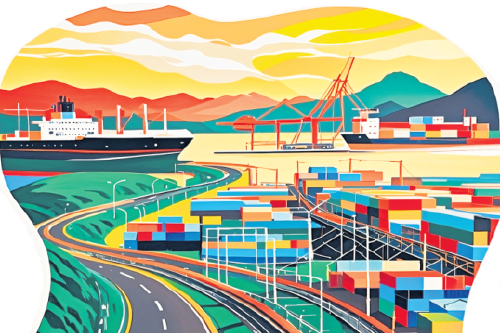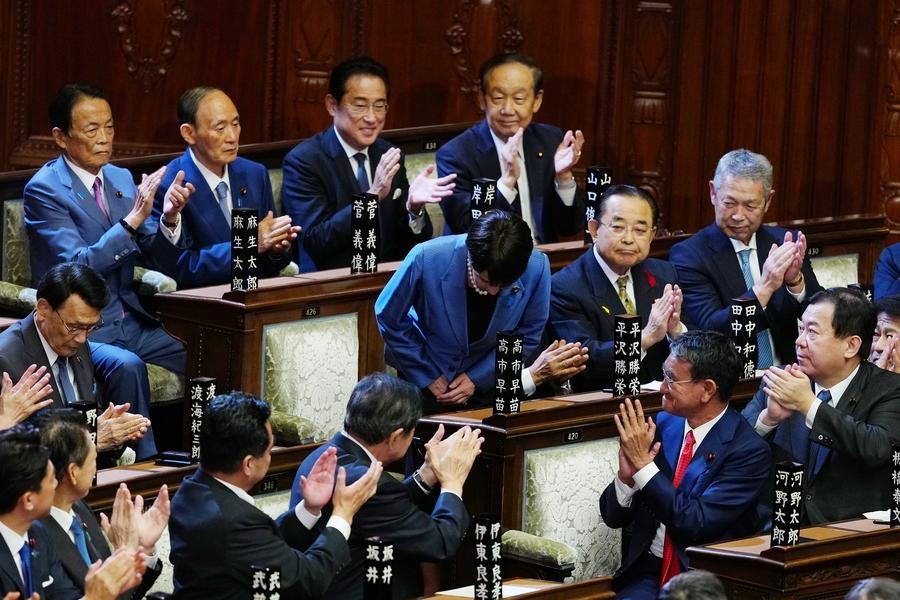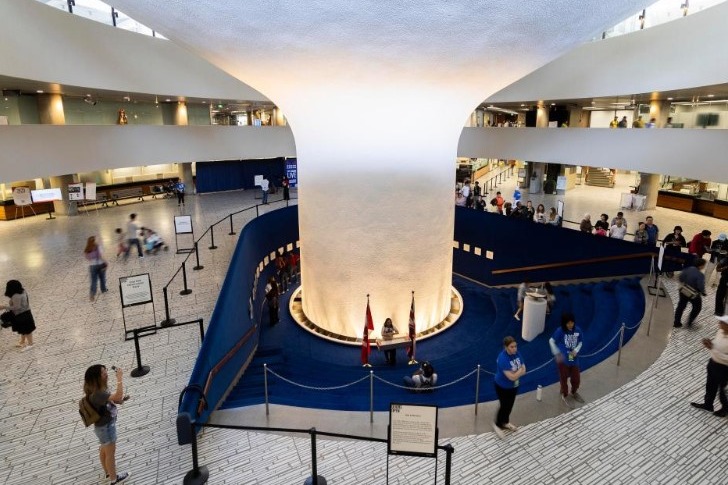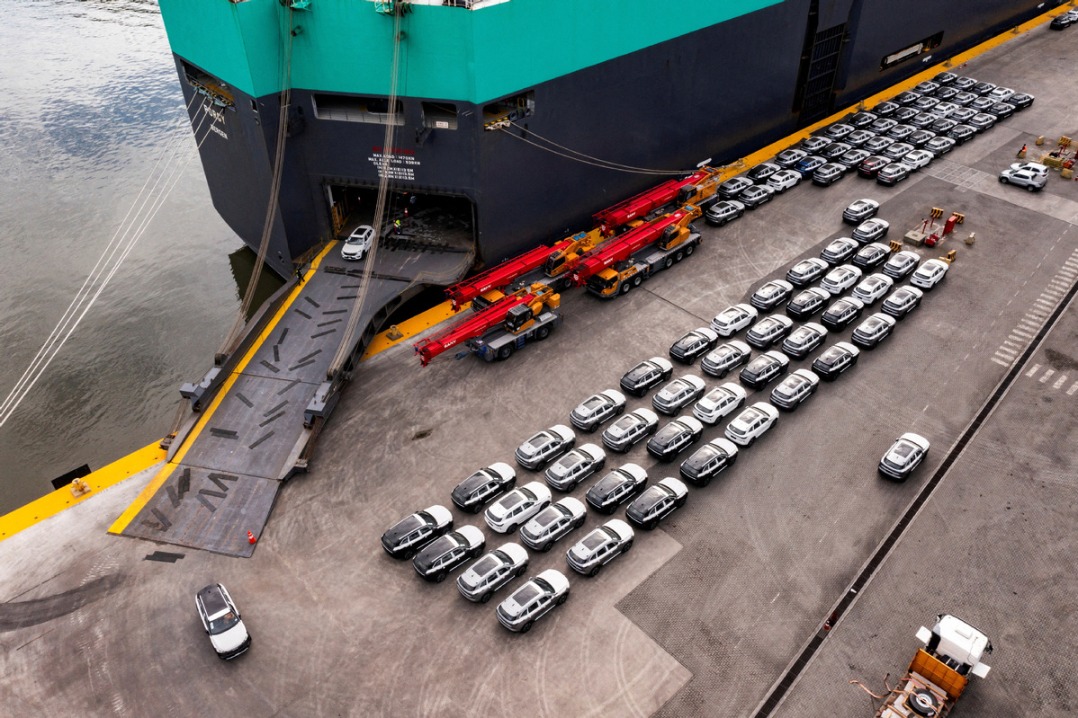China, US urged to cooperate on reducing emissions

Former US climate envoy John Kerry has urged the world's two largest emitters to maintain direct dialogue on climate change, saying that the United States should be willing to "sit down with China" and that global targets cannot be met without sustained cooperation between Washington and Beijing.
Speaking at a discussion at the Council on Foreign Relations on Monday, Kerry noted that China's role is indispensable in shaping global climate outcomes.
"You can't really make anything happen if China isn't on board," he said.
The discussion was held amid the two-week United Nations climate change conference in the city of Belem, located at the gateway to the Amazon in Brazil, where delegates from nearly 200 countries have been trying to ramp up multilateral action to limit climate change, despite the absence of the United States.
The UN climate talks are scheduled to wrap up on Friday.
"I know that's heresy in a lot of places," Kerry said of his call to "sit down with China". "Congresspeople are tripping over each other to see who can be more, you know, bellicose in talking about China. But I just don't agree with that as an approach."
"Everything I've done with China has proven otherwise," he said. "We might find that there's a very different course of possibilities if we were to work in a sincere way of dealing with other things."
He noted that previous breakthroughs — including the US-China joint announcement leading to the Paris Agreement in 2015 — showed how coordinated action between the two powers can shift international momentum.
He recalled being present when former US president Joe Biden met Chinese President Xi Jinping on the sidelines of the G20 Summit in Bali, Indonesia in November 2022, when Biden said that climate change "is a universal issue" and "not a … bilateral issue."
Biden also said that "if China and the United States do, things happen," Kerry said.
At the discussion, Kerry recalled his decadeslong working relationship with Xie Zhenhua, China's former special envoy for climate.
"Xie Zhenhua and I … we've known each other for 25, 30 years now. And we are genuine friends," Kerry said. "We talk about everything when we're together, not just the job and so forth."
Kerry said he and Xie intend to continue engaging on climate issues even after leaving government roles, as the two "are going to try to … have an influence on what both countries are thinking about climate."
The former US secretary of state and former special presidential envoy for climate now serves as co-executive chairman of Galvanize Climate Solutions, and Xie is vice-chairperson of the China Council for International Cooperation on Environment and Development.
Kerry said China's emissions could begin falling sooner than anticipated, even though Beijing has not changed its 2030 peak emissions target and its 2060 neutrality goal.
"I'll tell you this, I bet anything on it, they've peaked. They're going to go down," he said.
"China is the biggest manufacturer and deployer of renewables in the entire world, indeed more than all of the rest of the world put together," he said.
Kerry acknowledged China's recent coal construction but explained that the new capacity is intended as a safeguard against potential electricity shortages.
"They live in fear" of blackouts, he said. "That additional coal I don't think is going to get lit up."
Vijay Vaitheeswaran, global energy and climate innovation editor at The Economist and moderator of the event, cited his colleagues' recent 10-page special report from China in describing the country's clean-energy expansion.
He said China's surge in low-cost solar, wind and battery technologies is "a gift to the planet," noting "extraordinary expansion in solar" in Pakistan and growth across "the Sun Belt countries, all on the back of inexpensive Chinese technology."
"It doesn't matter to the atmosphere where the cuts are made," he said.
































